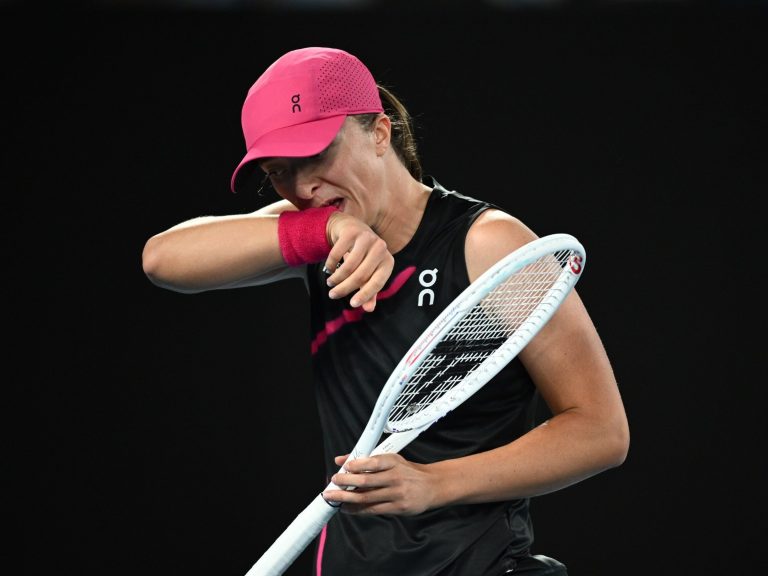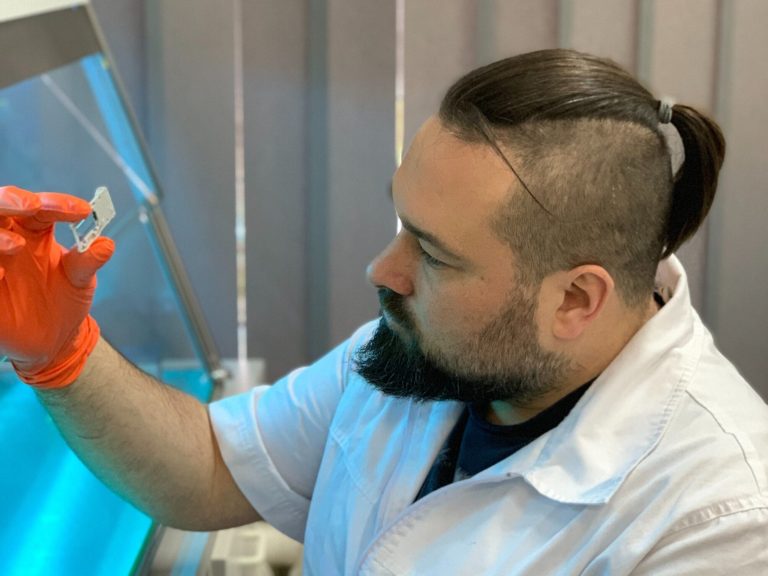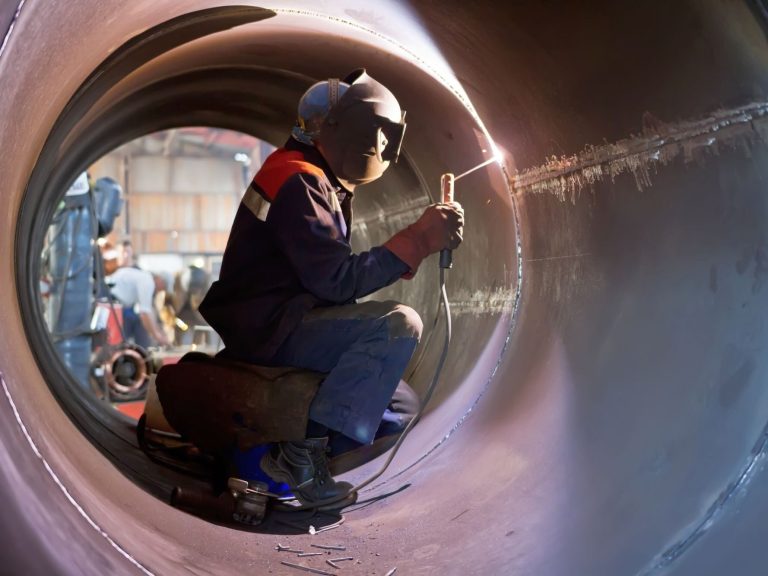Polish Defense Industry in Trouble? Deal with South Korea Expires

At the end of June, the two-year framework agreement signed by the Ministry of National Defense with the Korean concern Hyundai Rotem for the delivery of a thousand K2 tanks ended. The introduction of K2 tanks was to significantly increase the defense capabilities of the Polish army. Uncertainty and the lack of decisive action on the part of Polish officials put the entire project in question.
As reported by Newsweek, Poland has concluded a contract for the rapid delivery of 180 K2 tanks, of which just over fifty have been received so far. Another 800 tanks were to be produced in Poland as part of cooperation with a Korean partner, which was to strengthen the Polish defense industry.
The production of K2 tanks in Poland was not only to reduce dependence on foreign supplies, but also to create jobs and build a network of local suppliers. The Koreans even conducted an analysis to assess which Polish companies could participate in the implementation of the K2 program. It was planned that not only structural elements would be manufactured in Poland, but also engines and other components.
Problems and conflicts within state-owned companies
Unfortunately, the implementation of these ambitious plans has encountered a number of problems. Polish state-owned companies, such as Wojskowe Zakłady Motoryzacyjne (WZM) in Poznań and Bumar Łabędy from Gliwice, cannot reach an agreement on the principles of cooperation. WZM has a contract to repair German Leopard A5 tanks, while Bumar Łabędy is struggling with financial problems. Trade unions have expressed opposition to the implementation of Korean quality standards, which they consider too restrictive.
As reported by journalists from Newsweek, these frictions and lack of unanimity may result in serious delays in the implementation of the K2 program. An anonymous official from the Ministry of National Defense on the pages of the Onet.pl portal draws attention to the risk associated with such actions, calling them actions bordering on sabotage. The Korean side is confused and uncertain about what to expect from Poland.
Polish Military Cooperation with South Korea
Plans for Polish-Korean cooperation date back to before Russia’s full-scale aggression against Ukraine. Already in 2021, the Polish government began searching for new suppliers of military equipment, aware of the growing threat from Russia. Choosing Korea as a partner proved controversial due to its geographical distance and potential logistical problems.
According to Newsweek journalists, despite this, the purchase of K2 medium tanks seemed sensible, especially in the context of mobility and costs. There were also plans to adapt the K2 to the requirements of the Polish Army, including by equipping it with Polish Pangolin reactive armor and the Topaz fire management system. In its Polonized version, the tank was to be called Maczek and become an export hit.
Is the government considering a German alternative?
As the weekly Newsweek notes, the uncertainty surrounding the agreement with the Koreans may prompt the Polish government to seek other options. One of them is to cooperate with the German concern Rheinmetall, the manufacturer of Leopard tanks and the new KF51 model. Rheinmetall has already signed a contract for the production of the KF51 in Hungary, which may also be a tempting alternative for Poland.
As reported by Newsweek, some military and officials believe that the delays in the implementation of the agreement with the Koreans may be a deliberate action, aimed at testing the patience of Korea and opening the way to cooperation with Germany. Problems in Polish-Korean relations may also be exploited by other countries, such as Romania, which is also considering starting production of the K2.
If Poland does not seize this opportunity, other countries may take the initiative, and the Polish defense industry will lose a unique opportunity for development. For the country’s security and its future, it is crucial that decisions are made in a thoughtful and effective manner, without unnecessary delays and internal conflicts. For now, the future of Polish-Korean cooperation is uncertain, and the future of the K2 program will depend on the subsequent decisions of the Polish government.






